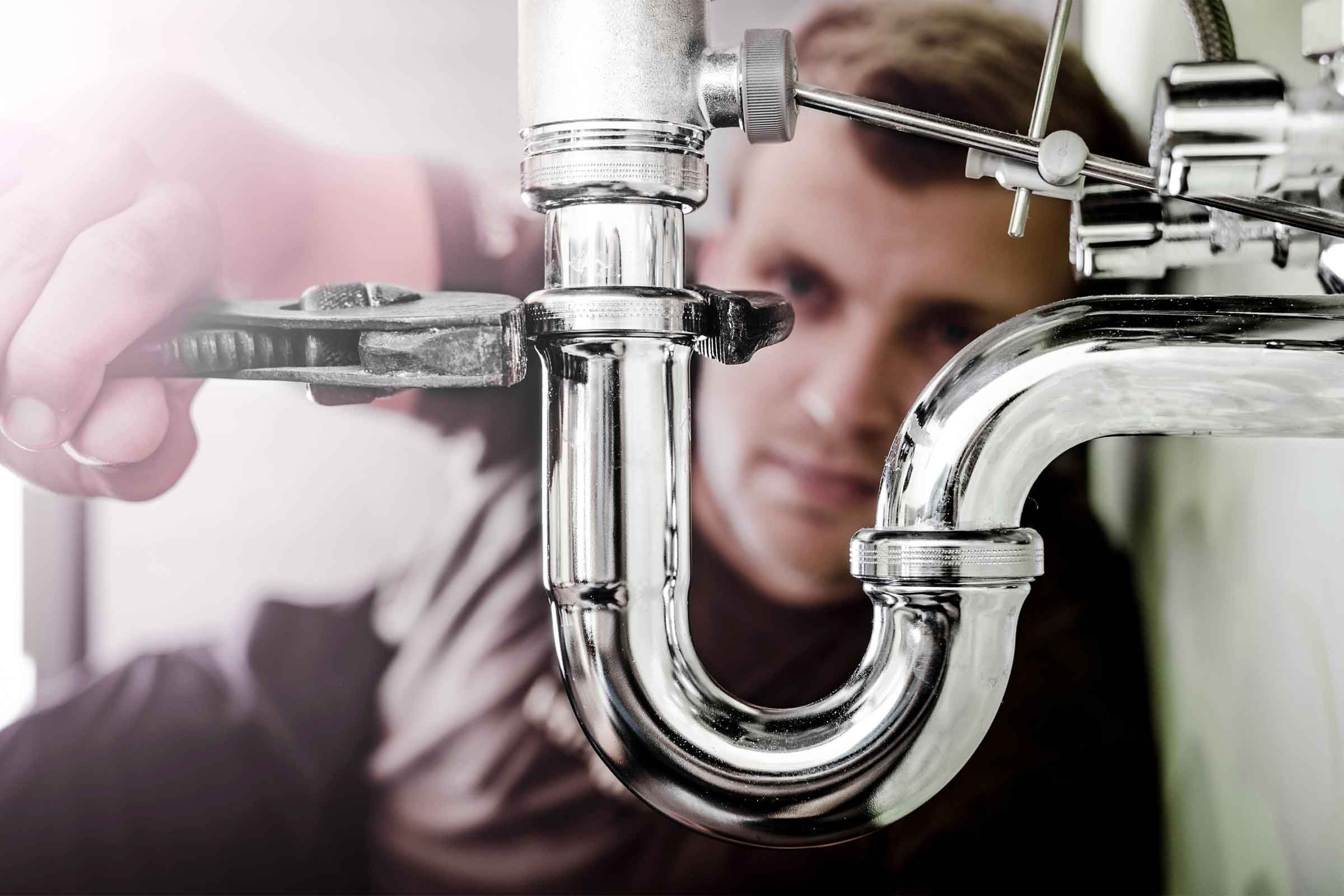Regarding ensuring a comfortable home, plumbing issues can often be a source of stress for residents. Whether it’s a a faucet that won’t stop dripping, a hard-to-remove clog, or possibly a pipe that has burst, understanding how to address these common issues can save you time, money, and a great deal of hassle. In this article, we’ll discuss the usual inquiries about plumbing, presenting expert answers to help you navigate the issues that can occur in your home.

From recognizing the appropriate time to call a plumber to discovering ways to prevent issues that can keep your plumbing system operating efficiently, we’ve got you covered. We’ll share essential tips on topics like getting your plumbing ready for winter, the benefits of employing a certified plumber, and even some insights into the latest plumbing technology. Come along as we demystify plumbing issues and enable you with the insight to confront them effectively.
Frequent Water Issues
One of the most common plumbing issues homeowners encounter is dripping taps. A constant drip can be irritating, not to mention expensive over time as water bills rise. The source is commonly a damaged washer or O-ring, which is an easy fix for many DIY home repairers. Simply stopping the water supply, disassembling the faucet, and replacing the broken parts can bring back proper function.
Another common issue is obstructed drains. Kitchen sinks, bathroom sinks, and shower drains are particularly susceptible to blockages due to fat, hair, and soap buildup. Regular upkeep, such as using drain strainers and avoiding placing grease down the sink, can reduce the chances of these clogs. When issues happen, using a plunger or a mixture of baking soda and vinegar can frequently remove minor obstructions without the need for aggressive chemicals.
Finally, homeowners frequently deal with toilets that run, which can use up a significant amount of water. This issue typically stems from a broken flapper valve or a malfunctioning fill valve. To fix this, start by checking the chain and flapper for correct alignment and changing any damaged elements. This simple fix can lead to a more efficient toilet and reduce unnecessary water usage.
Emergency Pipe Tips
When confronted with a pipe emergency, the initial step is to know how to turn off your water supply. Locate the primary water shut-off valve in your home and ensure all family members are aware of its position. This can help you quickly halt the rush of water in case of a broken pipe or major leak, reducing damage to your property. Get to know with the different turn-off valves for appliances like the water heater, dishwasher, and washing machine, as these can also help control particular leaks.
In furthermore to understanding how to shut off the water, it's important to have a fundamental urgent toolkit. Necessities include a wrench, pliers, a bucket, and rags to control small leaks or clogs. Having a plunger on hand can be especially useful for clearing clogged toilets. Even if you consider confident in your do-it-yourself abilities, don't wait to call a licensed plumber for major issues or if you’re uncertain about how to move forward. Prompt action can prevent worsening problems down the line.
Understanding potential indicators of pipe emergencies can help you time and money. Watch for unexpected increases in your water bill, wet areas on walls or ceilings, or the sound of running water when no faucets are in use. Identifying these signs promptly allows for swift intervention before issues get worse. If you’re experiencing decreased water pressure or have noticed your faucets are acting strangely, it’s best to reach out a professional to evaluate the situation quickly.
Pipe Care & Upgrades
Caring for your plumbing system is crucial for guaranteeing its durability and performance. Routine checks can assist spot potential problems before they escalate into costly repairs. Basic tasks like checking pipes for leaks, cleaning faucet aerators, and examining the strainers in sink drains can go a long way. Homeowners should also consider arranging expert inspections at least a minimum of once a year to detect problems that may not be visible during a casual glance.
Improving your plumbing fixtures can boost your home's usability and aesthetics. Replacing old faucets and showerheads with modern, water-efficient models not only conserves water but can also considerably reduce utility bills. If plumber new ross about renovating, this is the perfect opportunity to select fixtures that reflect your style while enhancing water flow and pressure throughout your home.
Regular maintenance is just as important to prevent plumbing issues that occur from weather changes. During colder months, insulating vulnerable pipes can prevent freezing, while a comprehensive spring inspection can help identify any wear and tear from winter. Being proactive with plumbing upgrades and maintenance ensures a smooth-running system all year round, providing homeowners peace of mind and minimizing the chances of emergency repairs.
